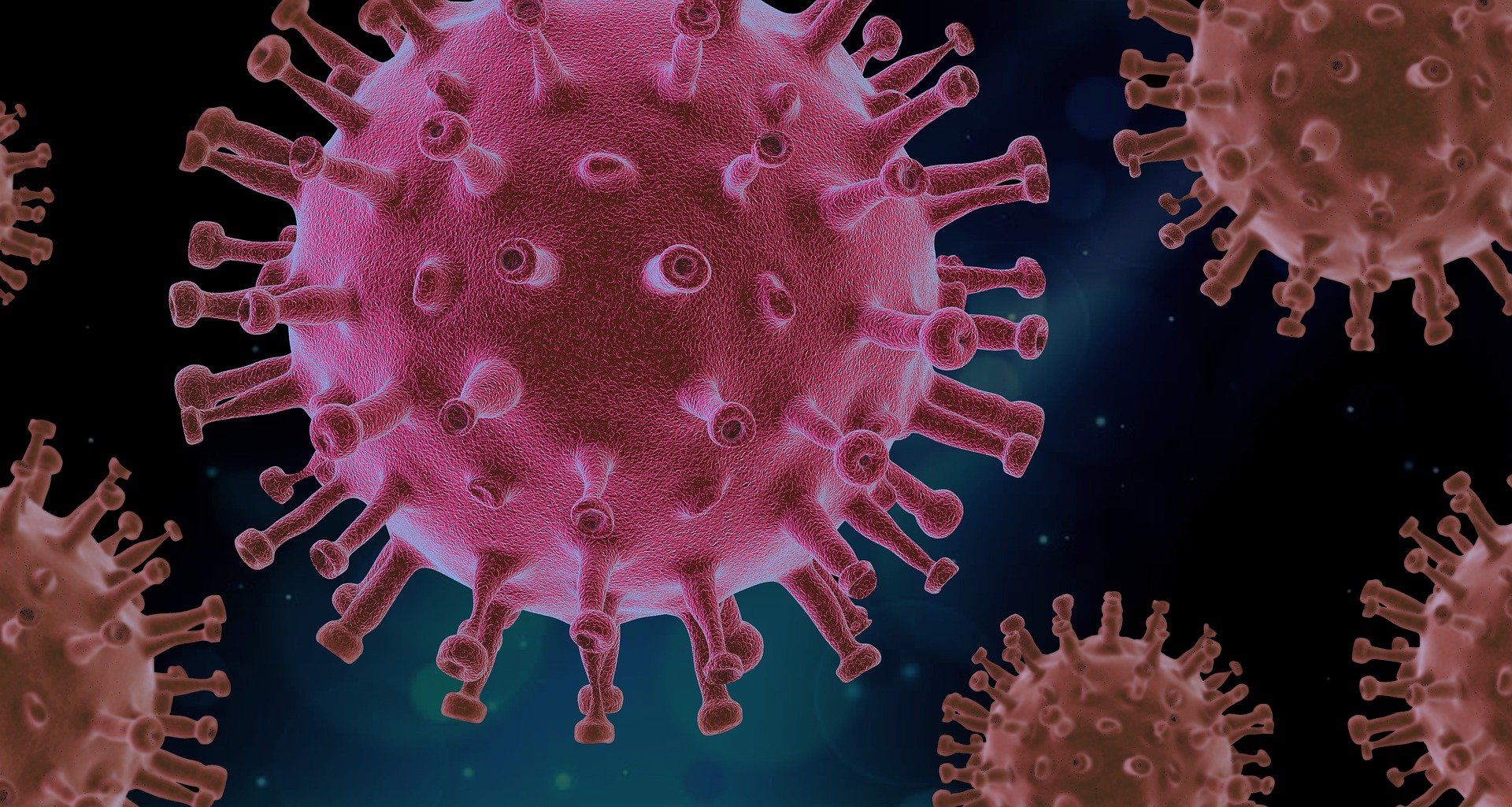According to a study conducted by researchers from the University of Michigan, people are 1,000 times more prone to contract COVID-19 by inhaling viral particles through the air compared to touching surfaces with bacteria.
The researchers conducted the study within their campus by collecting and examining samples of the virus extracted from surfaces and the air.
Published in the Journal of Exposure Science & Environmental Epidemiology, the research focused mainly on spaces like cafeterias, gyms, classrooms, air ducts, etc.
Also Read: Study: Boys with autism spectrum disorder more likely to self-harm
“The risk of surface transmission was 1,000 times lower than airborne transmission,” said Chuanwu Xi, a professor at U-M’s School of Public Health.
“We also found that the total case number of campus was significantly higher in weeks with positive environmental samples than in non-positive weeks,” Xi said, according to PTI.
The researchers used swab kits for sampling 517 surfaces and wetted wall cyclone bioaerosol samplers for 256 air samples. The bioaerosol samplers have the ability to absorb airborne particles through a pump.
Also Read: Pandemic changed the way we buy our food, indicates new research
Upon analysis, they found that the rates of SARS-CoV-2 transmission were 1.6% through the air and 1.4% through surfaces.
Also Read: UK records longest case of COVID-19 with patient down with 505 days
“Our results are a valuable addition to our understanding of infectious diseases and mitigation efforts during this pandemic, and can help prepare us for future outbreaks of respiratory diseases with similar transmission mechanisms,” said Rick Neitzel, a professor at U-M’s School of Public Health.
Also Read: Is COVID-19 pushing China into the dark ages of planned economy?
“This is another layer of sophistication to evaluate major routes of transmission and to identify physical spaces where risks are higher and control measures in such space are essential and more effective to reduce the spread of the virus,” Neitzel added.







